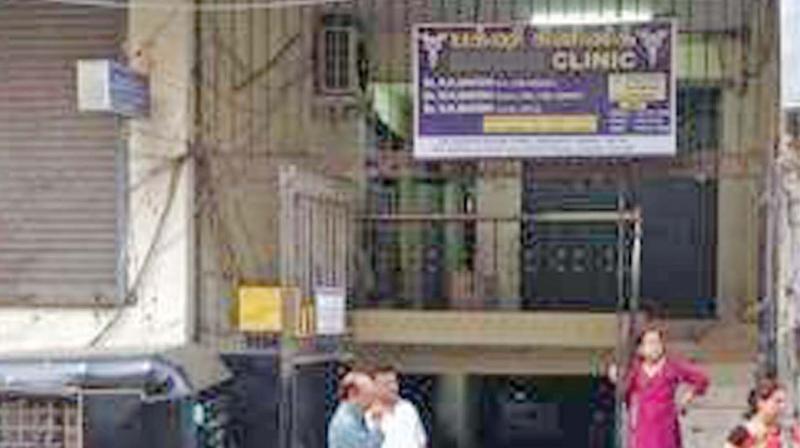Chennai: Over 20,000 clinics, labs to close for flouting norms
DMS can initiate action against unregistered centres.

CHENNAI: Over 20,000 clinics, blood banks and diagnostic centres in the state may be shut down under the Tamil Nadu Clinical Establishments Rule 2018, after failing to register with the government on or before the said deadline of May 31, 2019.
The state government had made it mandatory for all medical establishments in the state to register with the Tamil Nadu health department in June last year.
The Tamil Nadu extraordinary gazette dated June 4, 2018, listed out the various requirements to be met by medical establishments, including Ayush and Allopathy. According to the order, the consulting room should have a space of at least 100 square feet with sufficient lighting and ventilation, separate waiting room for patients, a registered medical practitioner and sufficient staff at all medical centres.
The rules also specify the minimum equipment requirements such as availability of examination couch, blood pressure apparatus, stethoscope, torchlight, tongue depressor, thermometer, knee hammer, measuring tape and special examination trays like proctoscopy and pelvic exam trays (P.V. Tray) .the order has also made it mandatory for the clinics and medical centres to maintain a register which provides details of the name, age, sex and address of the patient, date of examination and date of admission.
Speaking to Deccan Chronicle, Superintendent, DMS, M Kamala Kannan, said, “We have received over 29,000 applications as against the 50,000 we anticipated. We are currently scrutinizing the applications following which officials will visit the premises of the medical establishments. If the hospitals qualify, a license (valid for five years) will be issued. This will help us crack down on the fake medical practitioners.”
As per the Act, DMS can initiate action against the unregistered medical establishments from June 31, 2019.
The act which was welcomed by the Indian Medical Association faced opposition from several associations for Unani practitioners and diagnostic centres, who claimed the rules were too stringent and cannot be followed by labs and clinics in rural areas.

